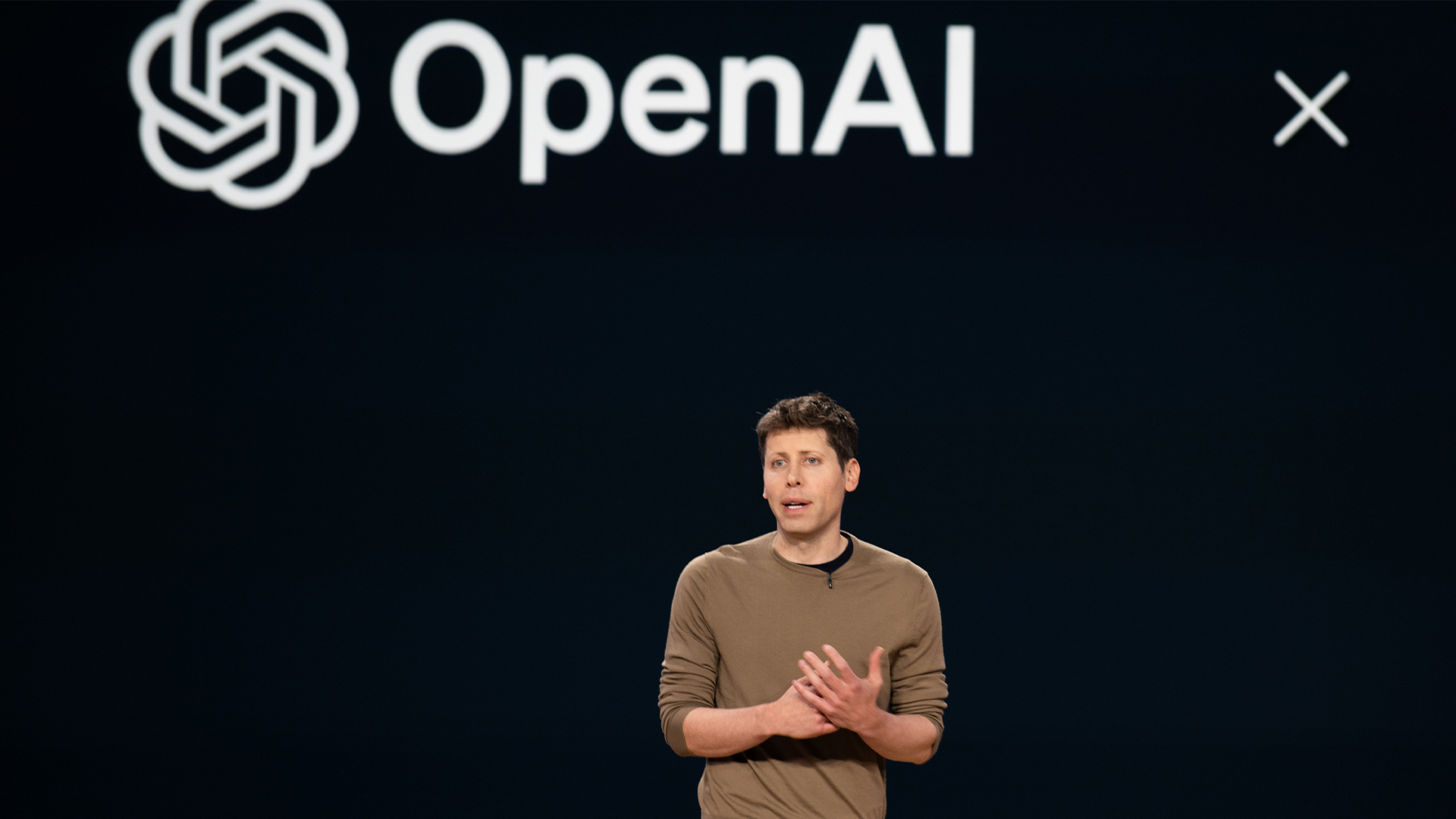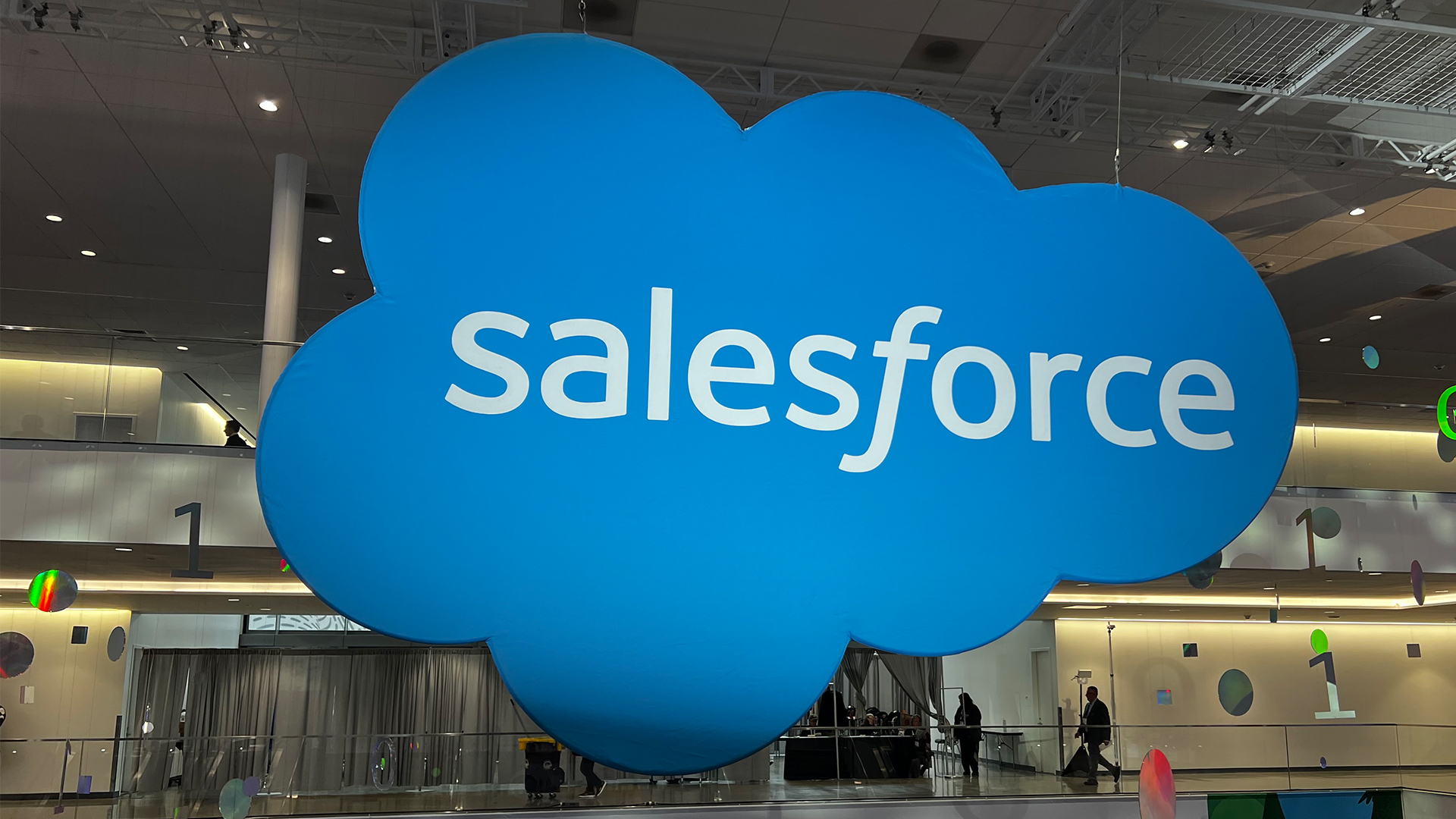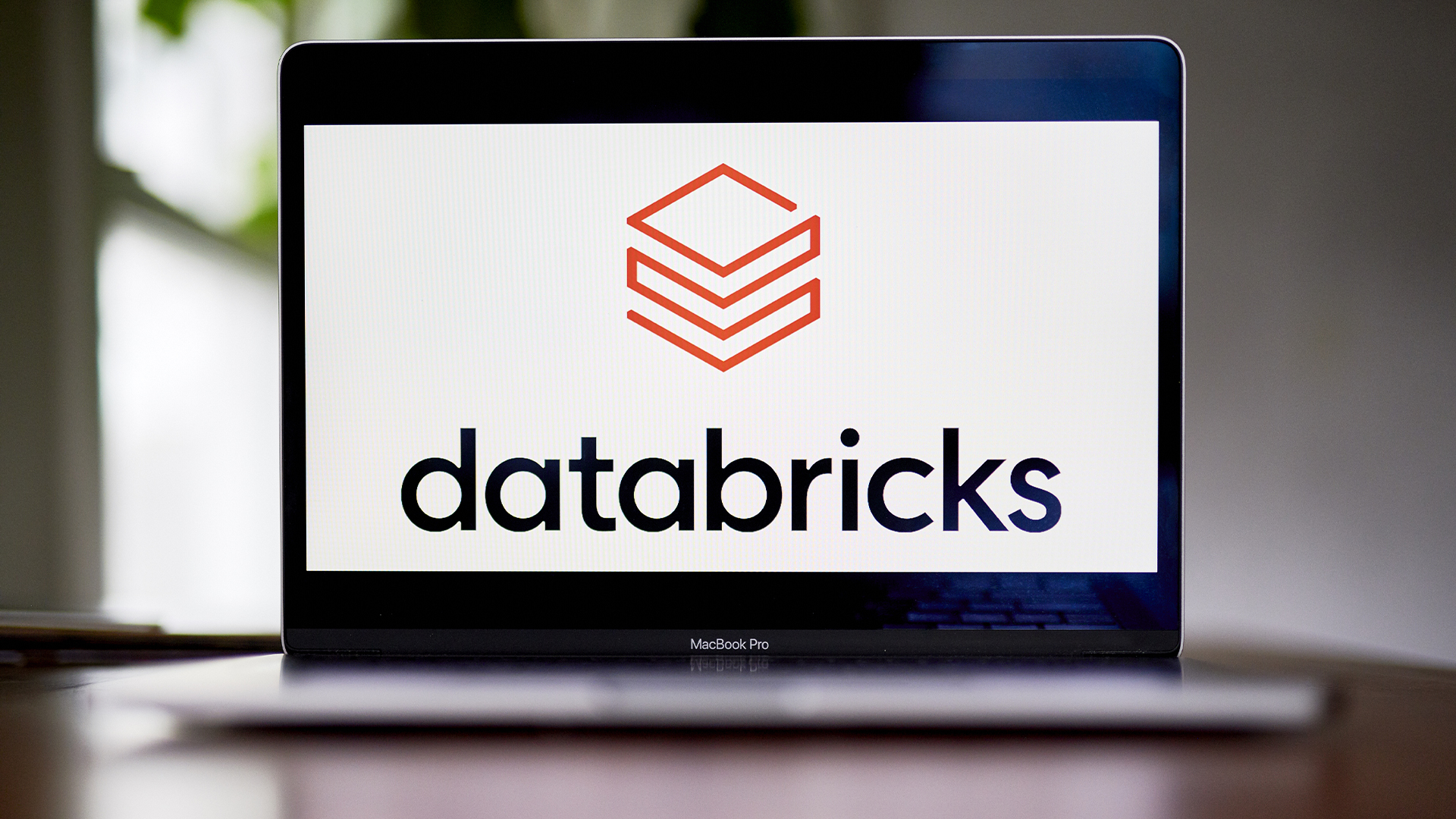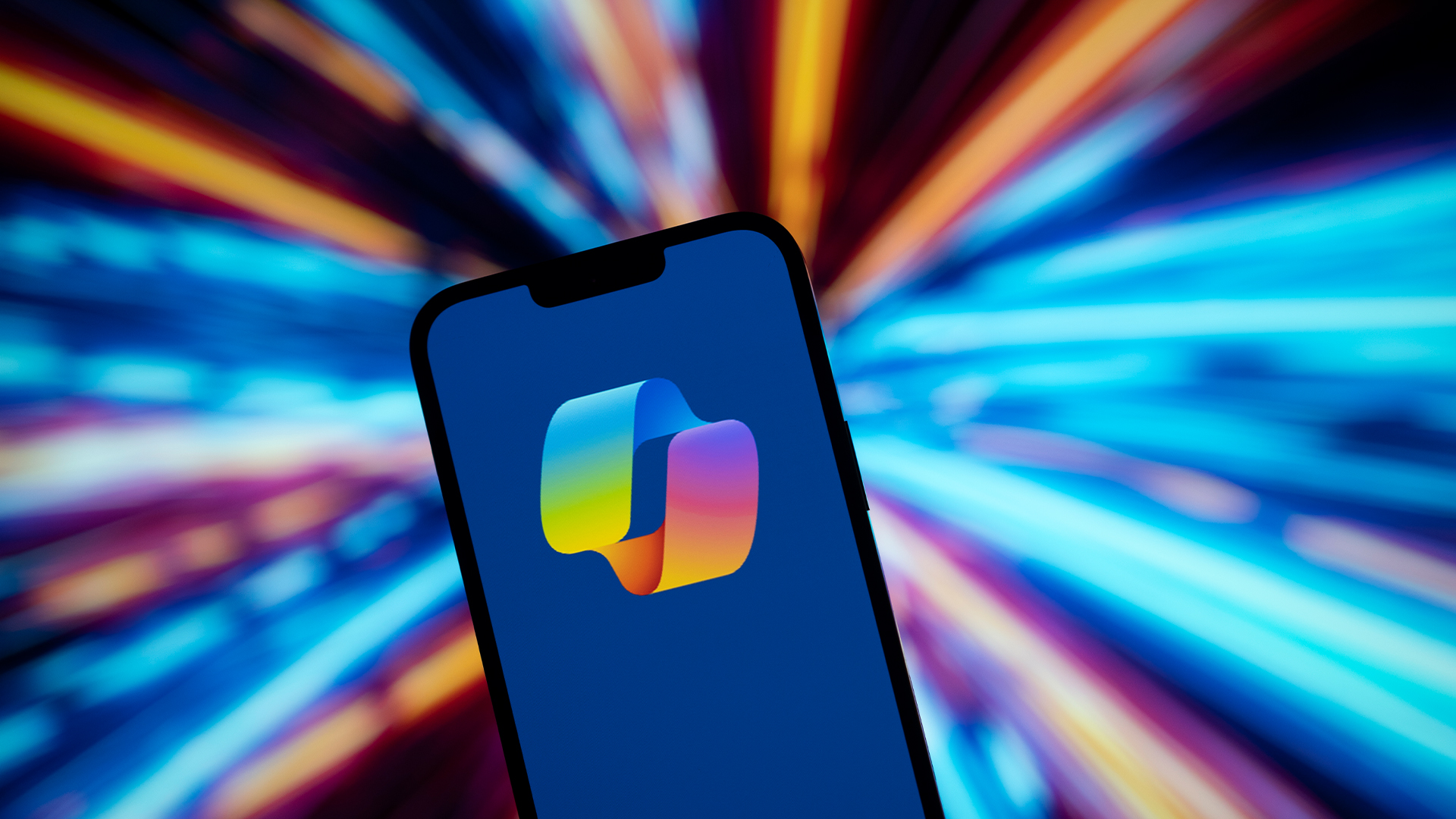OpenAI could be plotting a foray into the world of AI agents – here’s what we know so far
The launch date for OpenAI’s "Operator" agent is believed to have been revealed at a staff meeting


OpenAI could be set to release its own AI agents in January of next year, marking the latest of the big tech players to capitalize on the growing industry trend.
Reports from Bloomberg suggest the plans were discussed at a staff meeting this week.
While OpenAI has yet to confirm the plans, and is yet to respond to a request for comment from ITPro, CEO Sam Altman said at a developer conference that next year is when "agents will work", showing off a short demo of a voice assistant ordering fruit via a phone call.
Additionally, last month OpenAI chief product officer Kevin Weil told the Financial Times that his company's aim was to make it possible to interact with AI in all the same ways you would a human.
"These more agentic systems are going to become possible, and it is why I think 2025 is gonna be the year that agentic systems finally hit the mainstream,” Weil told the publication.
So it's no surprise that OpenAI is working on agents — after all, so too are its rivals. But the latest reports suggest that the company's technology is near enough ready to launch, given the January release prediction.
Alongside the launch date, the report suggested the OpenAI agent is code-named "Operator", and that it will be able to take over tasks to run them independently, finally delivering on the promise of autonomous support that those developing the latest round of large language models have promised.
Get the ITPro daily newsletter
Sign up today and you will receive a free copy of our Future Focus 2025 report - the leading guidance on AI, cybersecurity and other IT challenges as per 700+ senior executives
OpenAI faces stiff competition in the agents space
OpenAI won’t quite be the trailblazer in this part of the evolutionary path of AI, with other tech companies having already rolled out early versions of their own agentic AI services.
Microsoft unveiled new agents for Copilot last month, for example. These are designed to work without further training, helping to automate tasks such as triaging client emails, managing expenses, and so on. The service is expected to be released via a public preview later at its Ignite conference next week.
"Agents are very focused on augmenting business processes and workflows, teams and departments," Charles Lamanna, CVP for Business & Industry Copilot at Microsoft, said at the time. "They’re able to work on behalf of a system as opposed to a person, work asynchronously, or even autonomously to complete tasks."
Similarly, in September Salesforce launched its Agentforce service, allowing companies to make customizable AI agents to support business functions, including automating customer service interactions. They were made generally available in October.
RELATED WHITEPAPER

"Agentforce goes beyond chatbots and copilots, using advanced reasoning abilities to make decisions and take action, like resolving customer cases, qualifying sales leads, and optimizing marketing campaigns," the company said at the time.
"Agentforce doesn’t depend on human engagement to get work done; these agents can be triggered by changes in data, business rules, pre-built automations, or signals via API calls from other systems."
Earlier this month, reports suggested Google was working on its own version of AI agent service, dubbed 'Project Jarvis', which would automate email management, research and appointment scheduling, among other tasks.
If such reports prove correct, Google plans to demonstrate the tool in December alongside an update to its Gemini large language model (LLM).
Google Cloud unveiled its own version of AI agents under the Vertex brand earlier this year, and has been keen to emphasize the productivity gains and return on investment (ROI) for users thus far.
Though tech companies clearly see AI agents as the next big thing, early versions will be limited. Anthropic, which is working on its own autonomous agents service, admitted the tool remains "experimental… at times cumbersome and error-prone".
Freelance journalist Nicole Kobie first started writing for ITPro in 2007, with bylines in New Scientist, Wired, PC Pro and many more.
Nicole the author of a book about the history of technology, The Long History of the Future.
-
 Bigger salaries, more burnout: Is the CISO role in crisis?
Bigger salaries, more burnout: Is the CISO role in crisis?In-depth CISOs are more stressed than ever before – but why is this and what can be done?
By Kate O'Flaherty Published
-
 Cheap cyber crime kits can be bought on the dark web for less than $25
Cheap cyber crime kits can be bought on the dark web for less than $25News Research from NordVPN shows phishing kits are now widely available on the dark web and via messaging apps like Telegram, and are often selling for less than $25.
By Emma Woollacott Published
-
 Google Cloud Next 2025: Targeting easy AI
Google Cloud Next 2025: Targeting easy AIITPro Podcast Throughout its annual event, Google Cloud has emphasized the importance of simple AI adoption for enterprises and flexibility across deployment
By Rory Bathgate Published
-
 Salesforce wants technicians and tradespeople to take AI agents on the road with them
Salesforce wants technicians and tradespeople to take AI agents on the road with themNews Salesforce wants to equip technicians and tradespeople with agentic AI tools to help cut down on cumbersome administrative tasks.
By Ross Kelly Published
-
 OpenAI woos UK government amid consultation on AI training and copyright
OpenAI woos UK government amid consultation on AI training and copyrightNews OpenAI is fighting back against the UK government's proposals on how to handle AI training and copyright.
By Emma Woollacott Published
-
 Databricks and Anthropic are teaming up on agentic AI development – here’s what it means for customers
Databricks and Anthropic are teaming up on agentic AI development – here’s what it means for customersNews Simplifying agentic AI adoption is the name of the game for Databricks
By Ross Kelly Published
-
 DeepSeek and Anthropic have a long way to go to catch ChatGPT: OpenAI's flagship chatbot is still far and away the most popular AI tool in offices globally
DeepSeek and Anthropic have a long way to go to catch ChatGPT: OpenAI's flagship chatbot is still far and away the most popular AI tool in offices globallyNews ChatGPT remains the most popular AI tool among office workers globally, research shows, despite a rising number of competitor options available to users.
By Ross Kelly Published
-
 Microsoft launches new security AI agents to help overworked cyber professionals
Microsoft launches new security AI agents to help overworked cyber professionalsNews Microsoft is expanding its Security Copilot service with new AI agents to help overworked IT teams deal with surging security threats.
By Bobby Hellard Published
-
 “No, I don't think it is the end of Salesforce”: Klarna CEO clarifies why it stopped using Salesforce – and why he doesn’t think other companies will follow suit
“No, I don't think it is the end of Salesforce”: Klarna CEO clarifies why it stopped using Salesforce – and why he doesn’t think other companies will follow suitNews Klarna CEO Sebastian Siemiatkowski has explained his firm’s decision to stop using Salesforce in favor of its in-house AI tools.
By George Fitzmaurice Published
-
 ‘DIY’ agent platforms are big tech’s latest gambit to drive AI adoption
‘DIY’ agent platforms are big tech’s latest gambit to drive AI adoptionAnalysis The rise of 'DIY' agentic AI development platforms could enable big tech providers to drive AI adoption rates.
By George Fitzmaurice Published